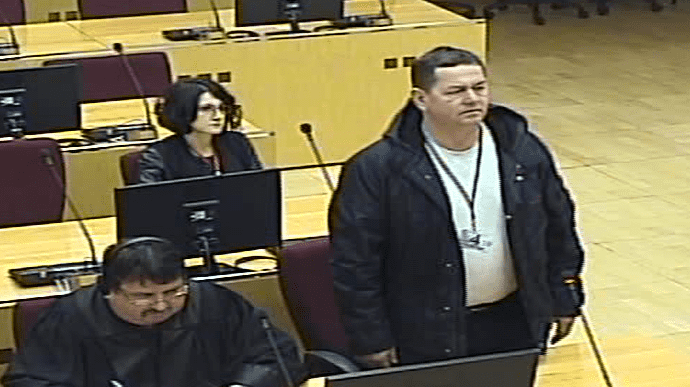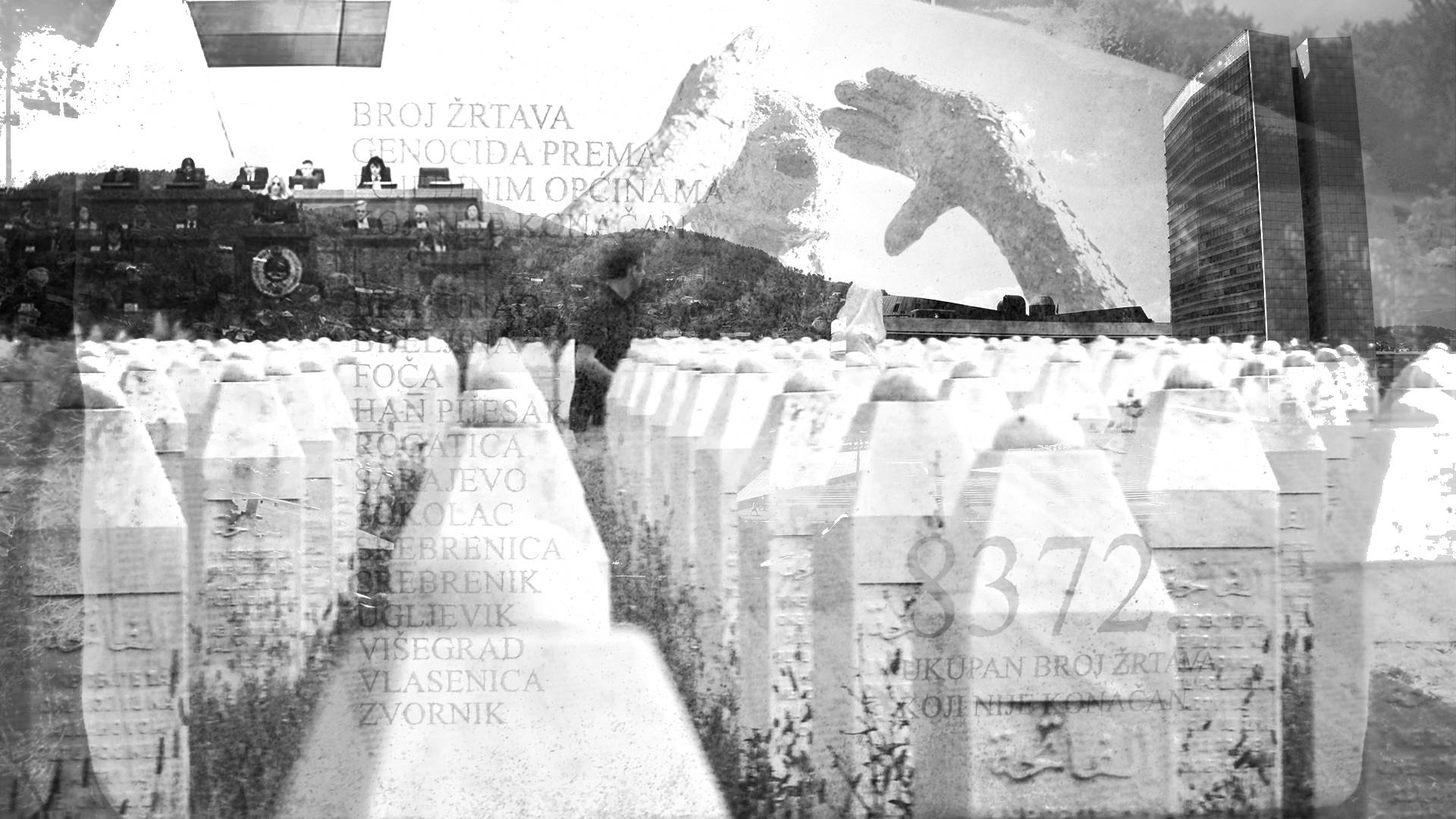This post is also available in: Bosnian
Carmel Agius, the president of the International Criminal Tribunal for the Former Yugoslavia, which is shutting down at the end of the year, said during a visit to Sarajevo on Wednesday that he was proud that the UN court had assembled a comprehensive set of proven facts about the 1990s wars.
“We are closing the door, but we are giving you a large collection of determined facts. We are giving you the truth about what happened,” Agius said.
However, he cautioned: “We are not offering reconciliation, because it has not been the mandate of this court to do it.”
“We have not dealt with it at all. All the citizens in the countries in the region have the responsibility for reconciliation,” he added.
The ICTY president said he had mixed emotions about the Tribunal’s closure.
“On one hand, I am proud of what has been done, but, on the other hand, I see the large quantity of work that remains to be done in the region,” he explained.
Agius said he was saddened that there had been so much criticism of the Tribunal.
“Many people blame us for not accusing all the criminals, but it was not our task at all. Our role was to accuse the most responsible ones and we have done that. Our term of office was short. I think a big job has been done within the limited timeframe,” he said.
The burden of continuing to prosecute war crimes now lies with domestic courts in the region, particularly the Bosnian state court , according to Agius.
“Our legacy will depend on how those institutions will continue working. We provided big help to establishing the Bosnian state court, we gave international judges to work at that court until someone decided they were no longer needed and they should better leave. In my opinion, that was a big mistake,” he said.
Speaking about the establishment of the Hague Tribunal itself, Agius said he was particularly proud of the fact that it was the first time since World War Two that the world said it would not allow crimes against humanity to go unpunished.
“‘That’s enough of that!’ This was our message in the 1990s. The clear message of the Security Council of the United Nations,” he said.
“Today we have similar situations in the world, like in Syria. I am saddened by the fact that we do not have the same stand by the international community,” he added.
The ICTY will officially close its doors at the end of this year after it has pronounced verdicts in the cases against former Bosnian Serb military chief Ratko Mladic and six former Bosnia Croat officials.
The remaining cases that were before the ICTY, including the appeal in the case of former Bosnian Serb political leader Radovan Karadzic, have been taken over by the Mechanism for International Tribunals in The Hague.




